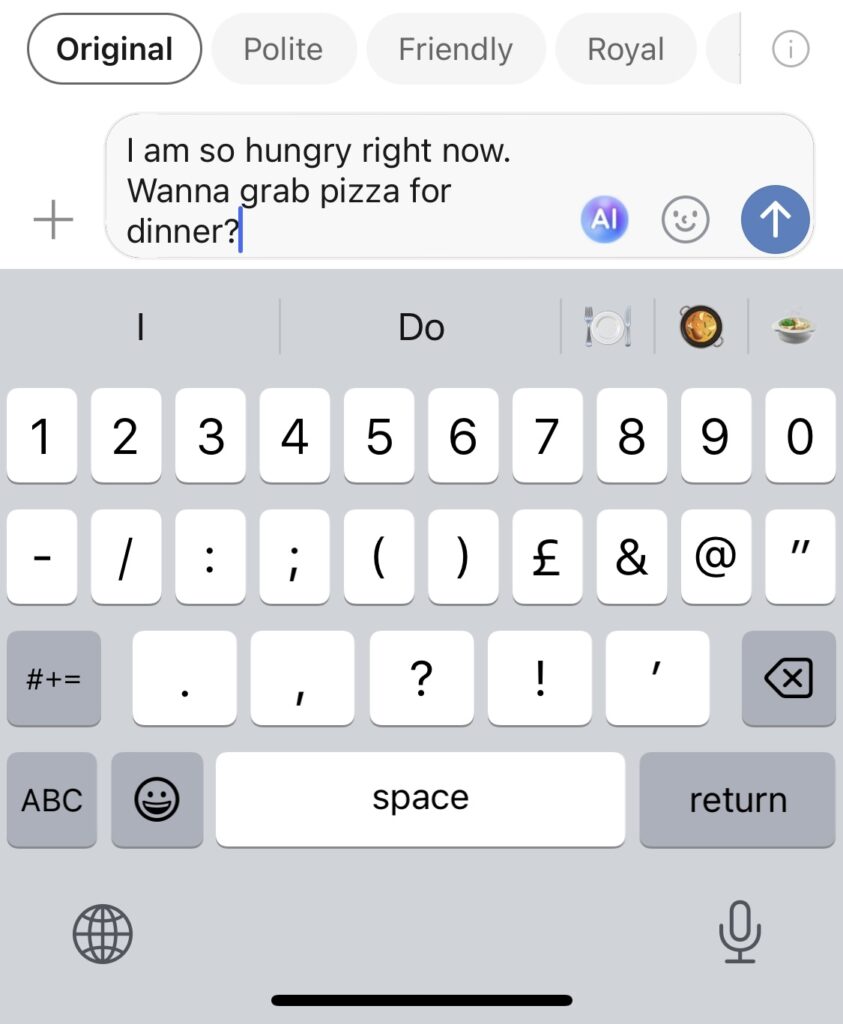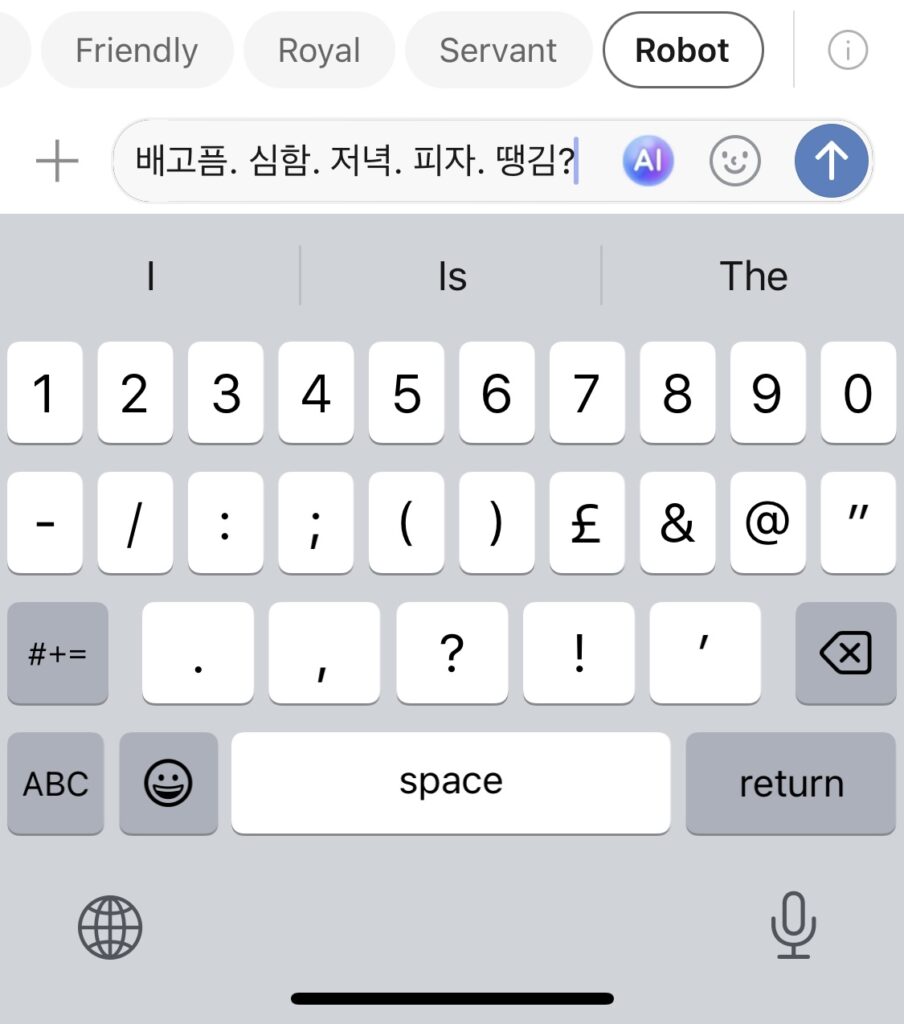AI summarisation: Artificial intelligence is part of our everyday lives – it helps you choose what to watch on Netflix and complements your work if it is a large language model like Chat GPT. One of the reasons for AI usage is efficiency, for example, saving users’ time by providing a processed version of content for them to understand more easily.
AI-powered message summary services are the latest trend among messages in South Korea. Several tech companies already introduced similar projects for written texts and audio files in the past couple of years, as seen in the cases of NAVER’s AI transcription service CLOVA, SK Telecom’s call summary service, and Canva’s summariser. Kakao Talk, a messenger app made by the tech conglomerate Kakao, is one of the first apps to bring this feature to a messenger in South Korea.
Summary of Chats, Provided by AI
On 18 December 2023, Kakao unveiled that its biggest messenger app is now test-running an AI feature summarising tens of piled messages. The feature is titled “chat summary” and offers a brief rundown of unopened texts. Summarisations can range from one simple sentence to multiple paragraphs depending on the length of unread chats. Reports say that the feature can also read through messages with typos or errors. However, it seems like it cannot recognise images or texts in images yet.
In its press release, Kakao explained that this is part of its project to make the usage of Kakao Talk more “accessible” to a bigger audience, and the AI feature is to help people who need to gloss over work-related messages in a short period. Being the most popular messenger app in the country, with more than 53 million active users globally, Kakao Talk has been used at many workplaces for business conversations.
Another test-run AI-powered service on Kakao Talk is “change tone”. This feature switches the tone of speaking of a message the user typed in with different prefixes, suffixes, or language choices. Currently, available tone filters are five in total, each corresponding to a different personality and situation: “Polite”, “Friendly”, “Royal”, “Servant”, and “Robot”.


If the message is typed in languages other than Korean, it automatically translates it into Korean when the user selects a tone filter. For example, if you apply the “robot” filter on an English-written message that reads “I am so hungry right now, wanna grab pizza for dinner?”, it changes into a few choppy, simple Korean sentences: “배고픔. 심함. 저녁. 피자. 땡김? (Hunger. Intense. Dinner. Pizza. Good?)”
AI Summarisation Expands Its Reach
The AI features of Kakao Talk have not been officially released on Messenger yet. Kakao plans to launch the official versions of the features after reviewing user feedback received during the test run.
When it comes to the issue of data privacy, Kakao explained that users’ chat data will not be stored on its servers. For example, if a user requests a summary of their chat history, the data is sent to the messenger’s server to process. However, the server does not save the received chat history even after the operation. The company added that the chat record is not used to train its AI features either.
Besides Kakao Talk, several other companies are set to launch their own AI summarisation features in 2024. For instance, Google offers a message summarization feature assisted by AI for Android Auto, an app that mirrors apps on the user’s phone on their vehicle’s screen. If connected to Microsoft Link on a Galaxy Book 4, Galaxy smartphone users can have their text messages summarised by an AI assistant thanks to the new updates from Samsung Electronics and Microsoft.
There will soon be smartphones equipped with these AI features as basic components, too. Earlier in January, Samsung Electronics announced the plan to include various AI features in Galaxy S24, its newest flagship Galaxy S series model. This will consist of real-time interpretation of phone calls and text messages, photo editing, and “Circle to Search”, a feature developed together with Google, in which users can draw a circle on a phone’s display to search texts or images in that circled area.



